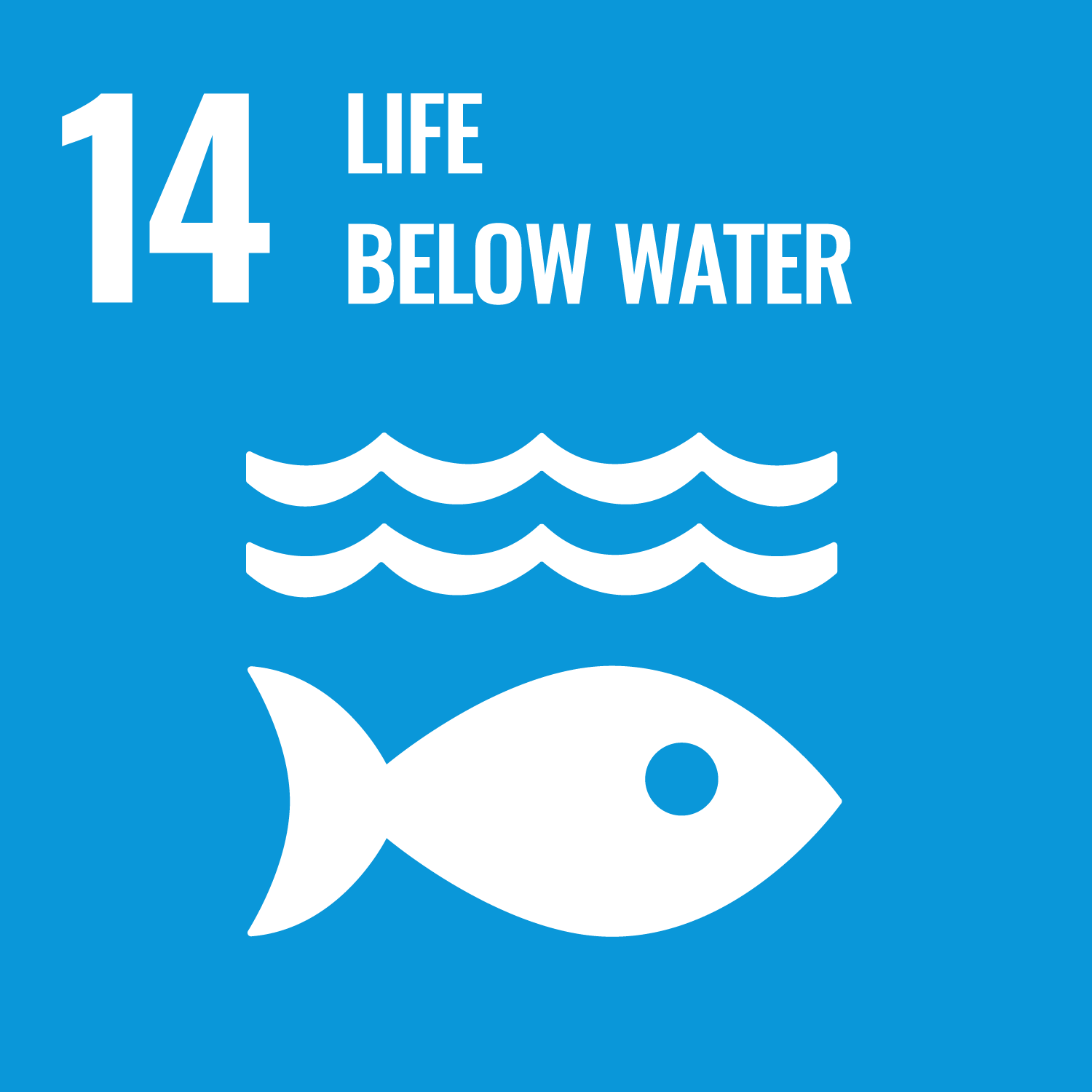Maintain ecosystems and their biodiversity (direct work). Work directly (research and/or engagement with industries) to maintain and extend existing ecosystems and their biodiversity, of both plants and animals, especially ecosystems under threat.
UniSC works directly through research and engagement with industries to maintain and extend existing ecosystems. By collaborating with various sectors, UniSC can develop and implement strategies that promote sustainable practices and mitigate harmful impacts on the environment. Research initiatives can provide valuable data on ecosystem health and biodiversity, guiding conservation efforts and policy-making. Engaging industries in these efforts ensures that economic activities are aligned with environmental goals, fostering a balance between development and conservation. This integrated approach not only helps protect and restore ecosystems but also supports the resilience and sustainability of both natural habitats and human communities.
UniSC is leading the way on multiple research marine ecology projects, one study shows that marine species are fleeing the equator in search of cooler waters. This leads to an understanding of the magnitude of climate change impacts on marine ecosystems, and how these risks might escalate.
Professor Schoeman, from UniSC's School of Science, Technology and Engineering, is an international leader in his field. His research over the past decade has expanded understanding of the magnitude of climate change impacts on marine ecosystems, and how these risks might escalate. He was a coordinating lead author on the latest Intergovernmental Panel on Climate Change on oceans and coasts.
Associate Professor Townsend from UniSC's School of Science, Technology and Engineering is a world leader in research into plastic ingestion in marine animals. She recently co-authored the UN environment program report, “From Pollution to Solution: A global assessment of marine litter and plastic pollution.” Her field-based research programs use a multi-disciplinary approach and focus on global-scale issues such as the impacts of marine debris and marine pollution. Her research has found up to 30 percent of Australia’s sea turtles have ingested marine debris, while up to half of the world’s sea turtles have plastics in their guts. Another study by Associate Professor Townsend and CSIRO of nearly 1,000 turtles found dead and washed up on beaches around Australia found that a turtle had a twenty-two percent chance of dying if it ate just one piece of plastic. That increased to a 50 percent likelihood once a turtle had 14 plastic items in its gut.
UniSC is part of a trial with the Sunshine Coast Council to build a "living" seawall to help safegaurd the damage caused by storm surges, sea level rise and coastal erosion. The project included reconstructing 80 metres of the seawall at Golden Beach and installing special concrete tiles which aim to create a living seawall with habitat for marine creatures. A grant from the Queensland government QCoast2100 program supported this work.
UniSC is the project lead on the Leaf to Reef Team at Lady Elliott Island. This initiative aims to investigate the resilience of the island and its surrounding reefs to the impacts of climate change and is funded the Great Barrier Reef Foundation, Lendlease, the Australian Government, the Queensland Government, and the Fitzgerald Family Foundation. The project has many topics including: cataloguing all vertebrae species on and around Lady Elliot Island, turtle health, manta ray tracking, water sampling, listening stations and sound traps, bird counts, red-tailed tropicbird studies, capricorn silvereyes and photographing spot patterns on epaulette sharks. In 2023, the island underwent a huge revegetation program to restore specific areas to the coral cay’s native vegetation. This will aid with extending the ecosystems of both plants and animals, especially the nesting sea turtle population.
Summary
UniSC is committed to working with industries through research and engagement to maintain and extend marine ecosystems and their biodiversity, especially those under threat.
More information
- Avoiding a sea of regret
- Science in action: the Leaf to Reef team
- 2023 revegetation update
- Meet the eastern bristlebird tragically under appreciated and one fire away from local extinction

